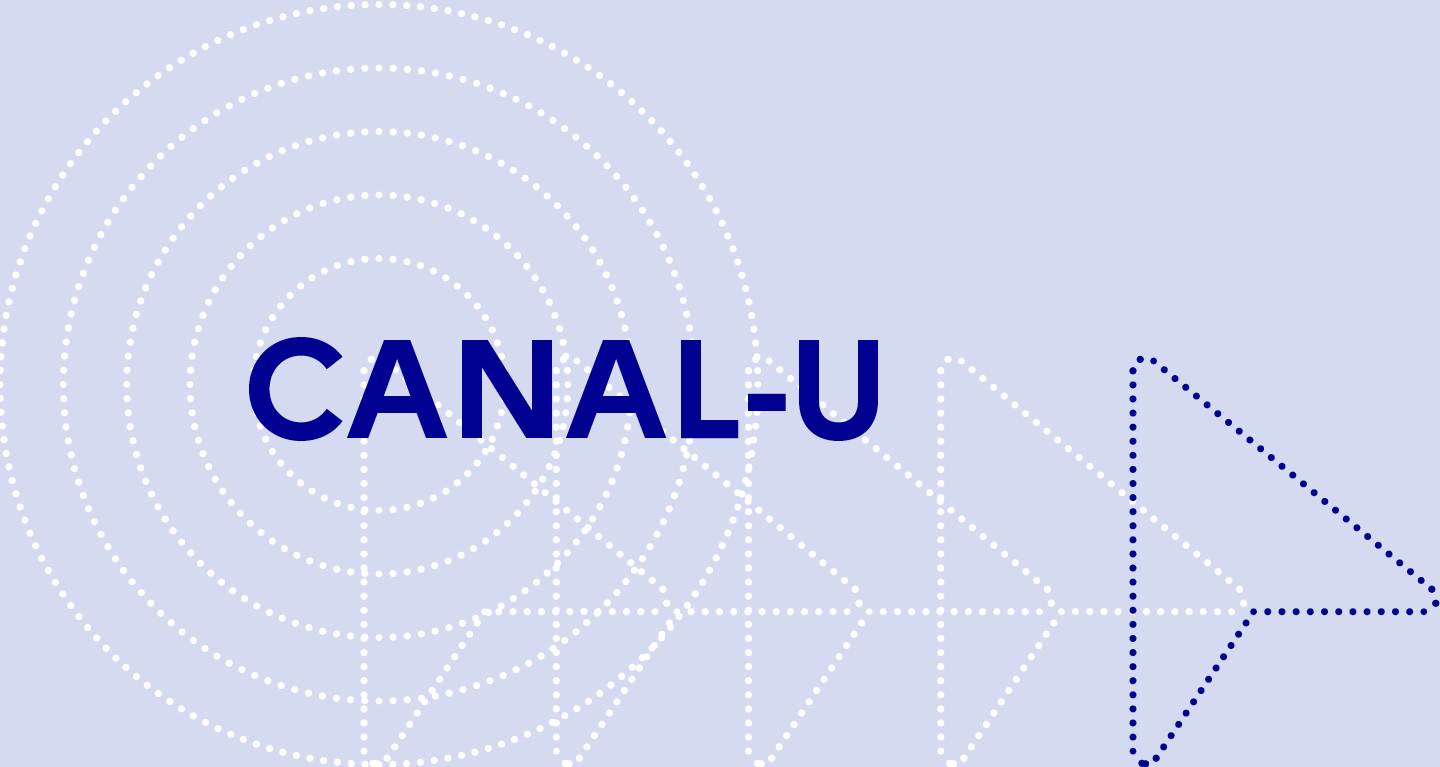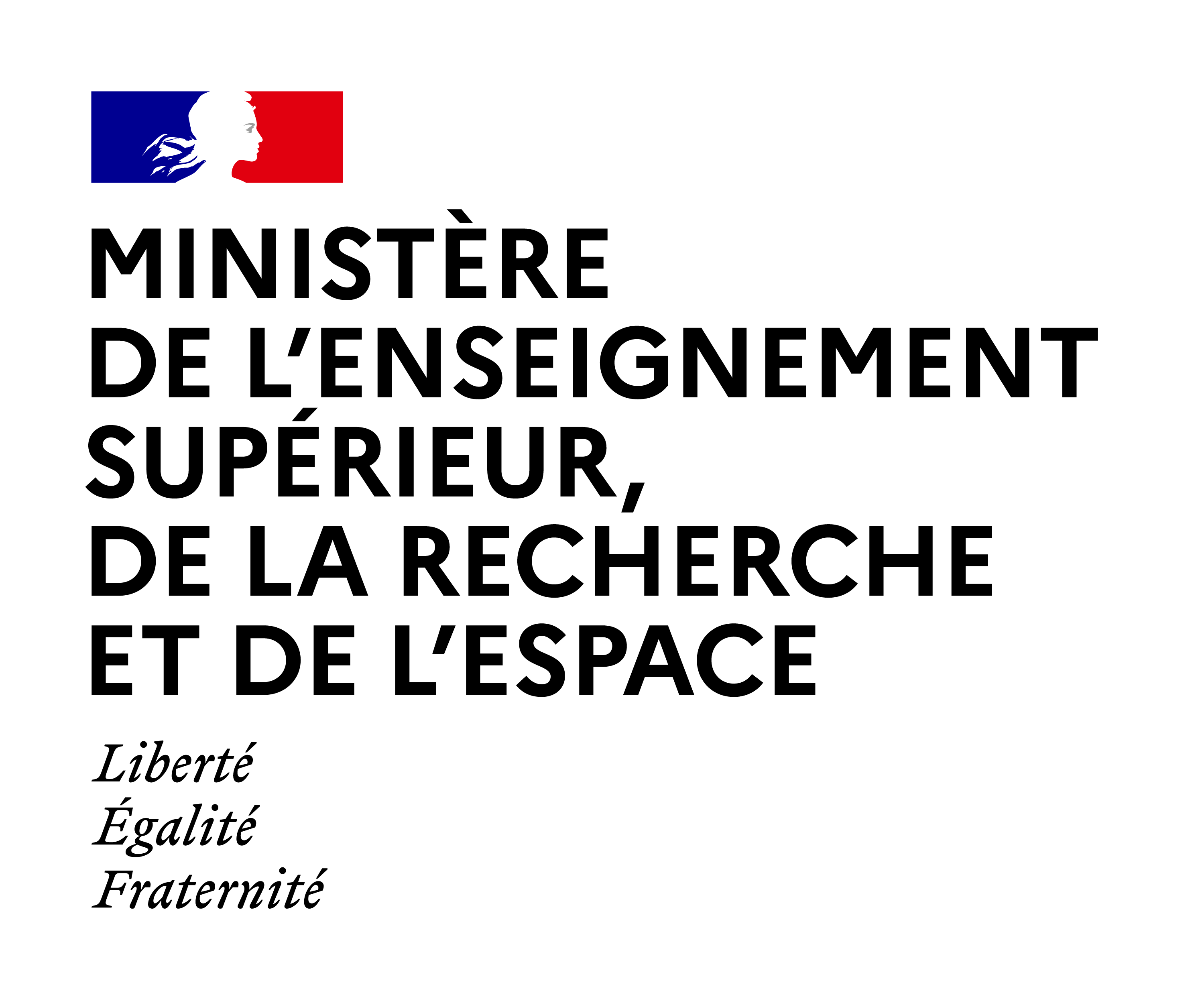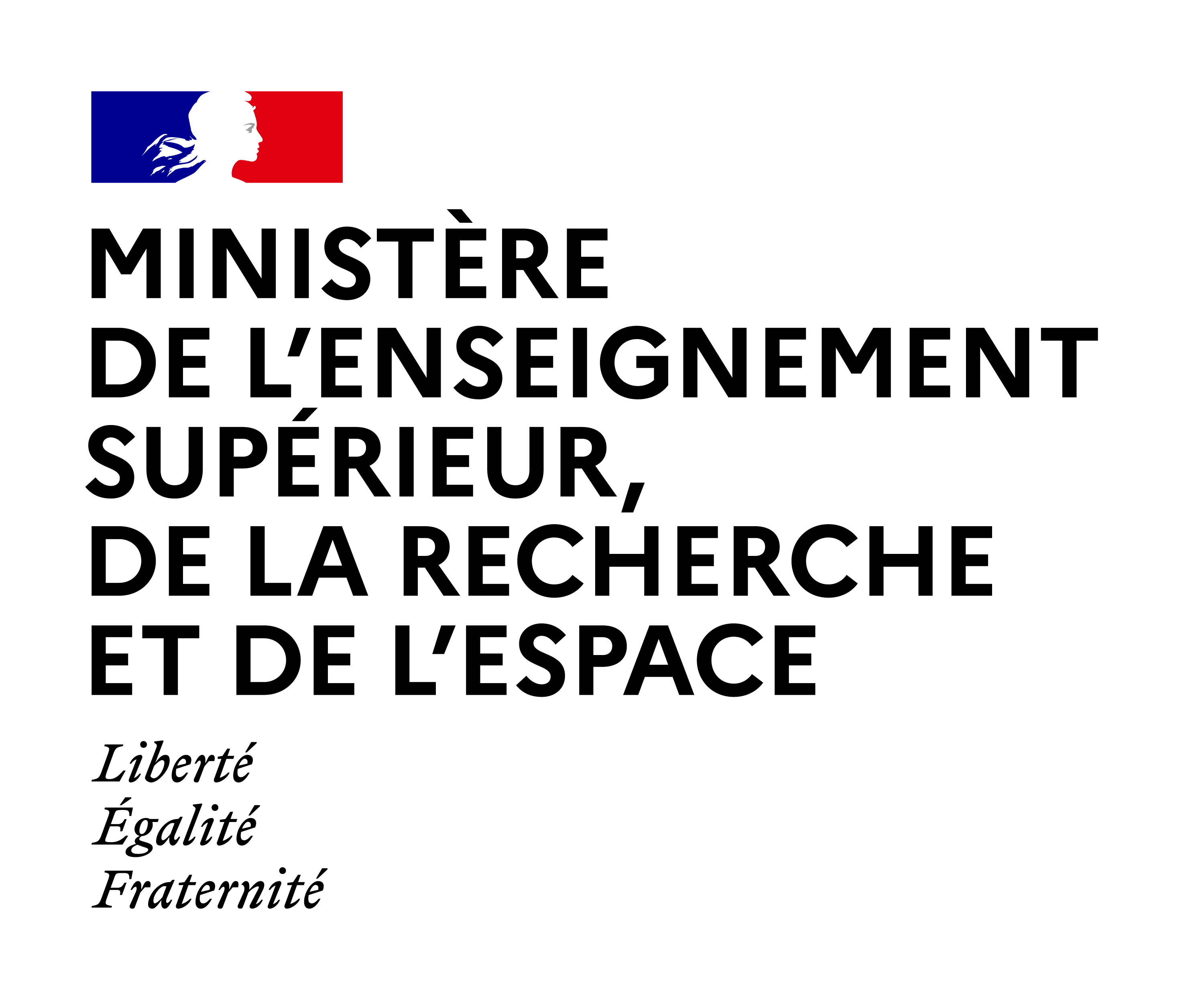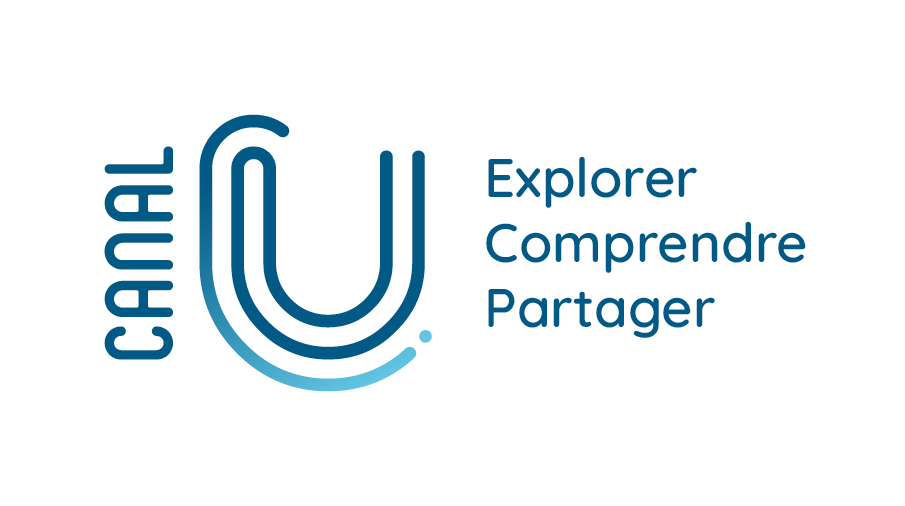
Sommaire
Processing variability in L2 learning: insights from articulatory training / Natalia Kartushina, Clara Martin
Date de création :
19.06.2017Auteur(s) :
Natalia KARTUSHINAPrésentation
Informations pratiques
Droits réservés à l'éditeur et aux auteurs. Tous droits réservés aux auteurs et à l'Université Toulouse Jean Jaurès.
Description de la ressource
Résumé
Processing variability in L2 learning: insights from articulatory training / Natalia Kartushina, Clara Martin, in colloque "Bilingualism vs. monolingualism: a new perspective on limitations to L2 acquisition" organisé par le laboratoire Octogone-Lordat (Université Toulouse 2) sous la responsabilité de Barbara Köpke (UT2J), Holger Hopp (Technische Universität Braunschweig), Tanja Kupisch (Universität Konstanz), Université Toulouse Jean Jaurès, 19-20 juin 2017. Variability in perceptual input (e.g., multiple talkers) seems to be one of the most important factors boosting early phonological acquisition and word learning in native language learners (Rost & McMurray, 2010). It prevents the association of talker- specific cues with the category and allows to concentrate on those cues, which are relevant for the establishment of phonological categories. The research on variability in second-language (L2) learning is less conclusive. Although high input variability training leads to greater improvements in perception and generalization to new stimuli/speakers (Sadakata & McQueen, 2013), it deters learning in inexperienced speakers and in individuals with weak initial perceptual abilities or attentional resources (Perrachione et al., 2011). Also, in general, variability seems to hinder perceptual learning of difficult L2 sounds. This work examines, for the first time, the role of stimulus variability in learning to produce L2 sounds. Research in general motor learning in humans and, in particular, in vocal learning in birds suggest that variability is necessary for the development of expertise (Simmonds, 2015). Yet, a recent perception training study has shown that variability does not help to form accurate pronunciation patterns for L2 sounds (Evans & Martin-Alvarez, 2016). Twenty nine native Spanish speakers were trained with articulatory feedback to produce unfamiliar French vowel contrast /e/-/?/ that assimilates to Spanish /e/. During training, on each trial, participants heard the target vowel, repeated it and received immediate visual feedback showing the location, in F1/F2 space of their production along with that of the target vowel space. Participants were trained with tokens either from a set of vowels recorded by a single speaker or by five speakers (low- and high-variability group, respectively). The acoustic variability in F1/F2 was matched between the two groups. Each vowel was repeated 1125 times over 3 days. The improvements in L2 production were assessed in vowel repetition task before and after training. Half of the tokens were produced by a familiar voice (used for training in both groups) and the other half by an unfamiliar voice. To assess L2 production accuracy, the Mahalanobis distance between L2 production and target acoustic space was computed for each subject and vowel. The results revealed that high variability impaired pronunciation learning: in familiar voice condition, only low variability training led to improvements in vowel production. However, variability is essential for the generalization of learning: in unfamiliar voice condition, only high variability group showed improvements in vowel production.
"Domaine(s)" et indice(s) Dewey
- Bilinguisme (404.2)
Domaine(s)
- Langues
Intervenants, édition et diffusion
Intervenants
Édition
- Université Toulouse-Jean Jaurès-campus Mirail
Diffusion
Document(s) annexe(s)
- Cette ressource fait partie de
Fiche technique
- LOMv1.0
- LOMFRv1.0
- Voir la fiche XML




